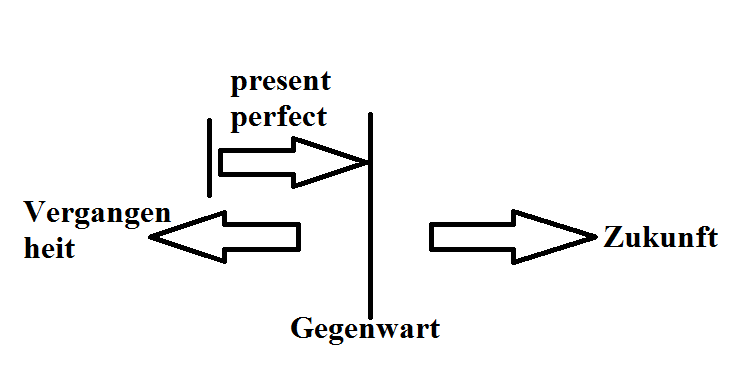present perfect - formation and practical application
The present perfect tens is used in English if an action is started in the past and last until or has impact into the present.
The normal tense for relating something in English is the simple past.
formation:
The present perfect is used by help of the auxiliary has/have and the past participle.
affirmative sentence:
| I/we/you/they | have / 've | played. |
| he/she/it | has / 's | played. |
negation:
When negating the present perfect progressive you simply add not to the auxiliary have/has. The short forms are accordingly hasn't/haven't.
| I/you/we/they | haven't have not | played. |
| he/she/it | hasn't has not | played. |
question:
The question shifts the auxiliary to the front of the sentence: (inversion)
| Have | I/we/you/they | played? |
| Has | he/she/it | played? |

